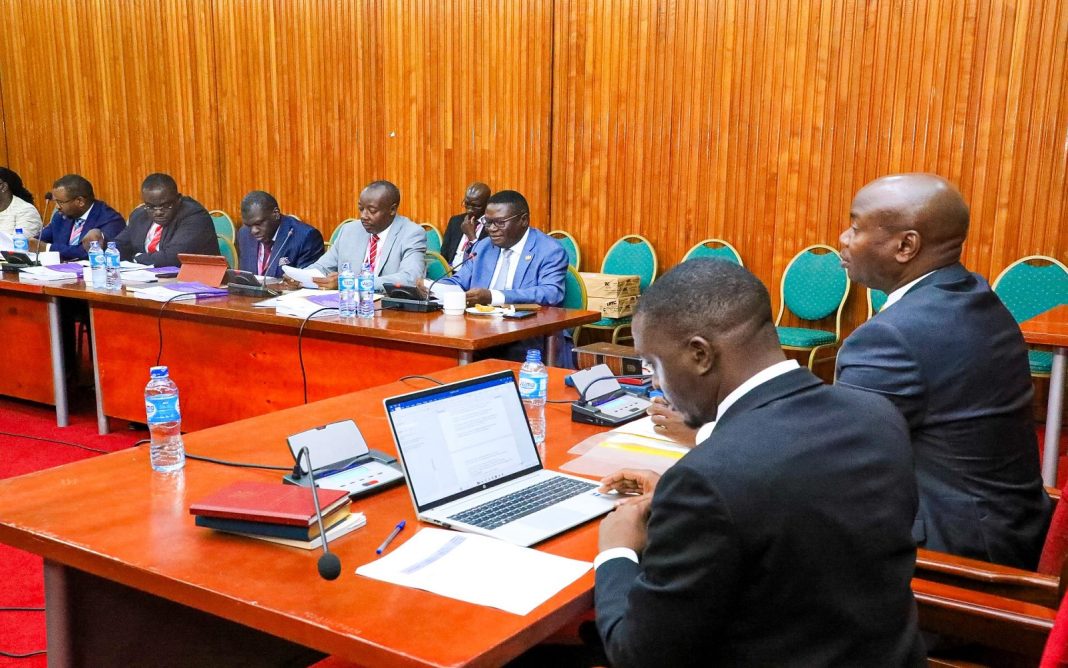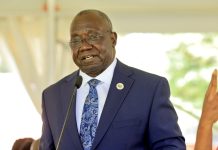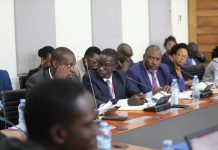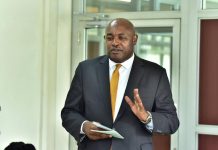Members of Parliament sitting on the Legal and Parliamentary Affairs Committee have raised concerns over the growing number of law graduates and the quality of legal training in Uganda. The MPs are now urging government to consider making Law a second-degree program, rather than admitting students straight from secondary school.
The proposal was tabled during an interface with the Ministry of Justice and Constitutional Affairs while discussing the institution’s 2025/26 ministerial policy statement.
Bugweri County MP, Abdu Katuntu, noted that the current legal education system is producing inadequately prepared lawyers, with Law Development Centre (LDC) overwhelmed by the increasing number of graduates. “There are so many law schools now, channeling out hundreds of young people. Even those who pass through LDC, something is still missing,” Katuntu remarked.
Katuntu suggested that making Law a postgraduate degree would improve the profession’s standards. “If someone studies Bachelor of Commerce or Medicine, then goes on to study Law, they become more specialized and relevant, especially in complex fields like investment or medical litigation.”
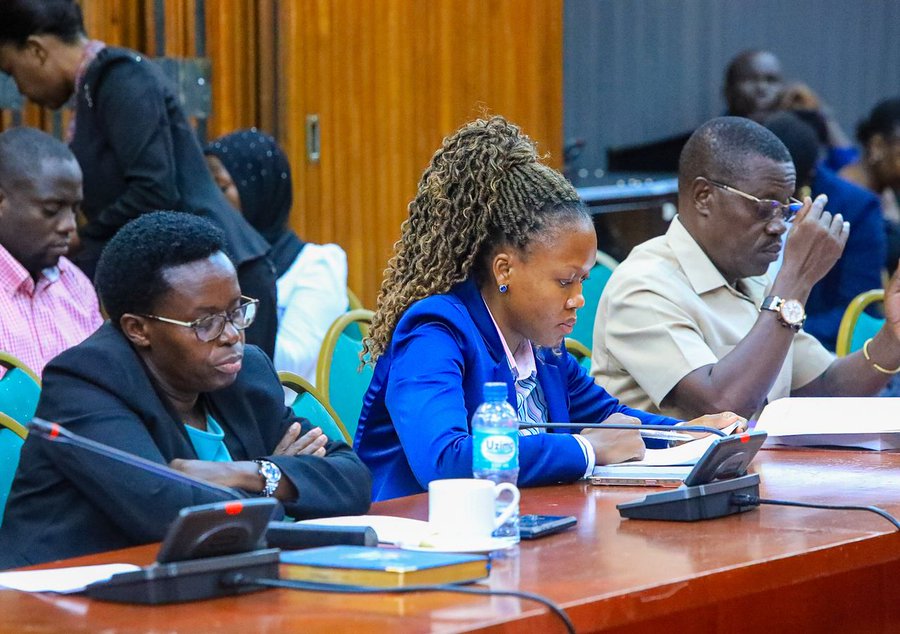
Soroti Woman MP, Anna Adeke, also expressed concern about the growing intake at LDC, which could reach 4,000 to 5,000 students next academic year. She questioned how the regulatory authorities are managing this influx and whether the quality of advocates remains a top concern.
Meanwhile, Minister of Justice and Constitutional Affairs, Norbert Mao, used the meeting to highlight the successes of the Attorney General’s Chambers. Between July 2024 and April 2025, the office won 285 cases, saving taxpayers UGX 379.9 billion. However, this marked a decline from the previous year’s 311 cases won, valued at UGX 2.784 trillion. During the same period, 107 cases worth UGX 173 billion were lost.
Mao appealed to the committee to consider increasing salaries for State Attorneys or exempting them from income tax, similar to their counterparts at the Directorate of Public Prosecutions (DPP), to reflect their critical role in saving public funds. “Our attorneys are on the front lines, winning cases equivalent to three years of PDM (Parish Development Model) funding,” Mao said.
Kibaale County MP Richard Oseku questioned the lack of detailed accounting for the remaining legal cases. In 2023/24, the Attorney General handled 6,878 cases, but only 418 were reported as concluded.
MP Adeke further queried the Ministry’s plans for Ugandans imprisoned abroad, referencing a recent prisoner exchange involving Justice Lydia Mugambe, convicted of slavery by a UK court. “What will happen to the many unknown Ugandans detained in countries like China, UAE, or Turkey?” she asked.
Elsewhere, a proposal by the Ministry of Justice to allocate UGX 360 billion for the establishment of an African Union Humanitarian Agency was met with skepticism. Ndorwa East MP Wilfred Niwagaba rejected the request, questioning Uganda’s motivations for hosting the agency. “Is this another strategy to attract donor funding under the pretense of humanitarian support?” Niwagaba asked.
Minister Mao had asked Parliament to approve at least UGX 180 billion to kickstart the project, emphasizing Uganda’s commitment to continental initiatives.
As debate continues, key questions remain on how to improve the quality of legal education, ensure equitable legal representation abroad, and prioritize funding for national versus regional projects.


